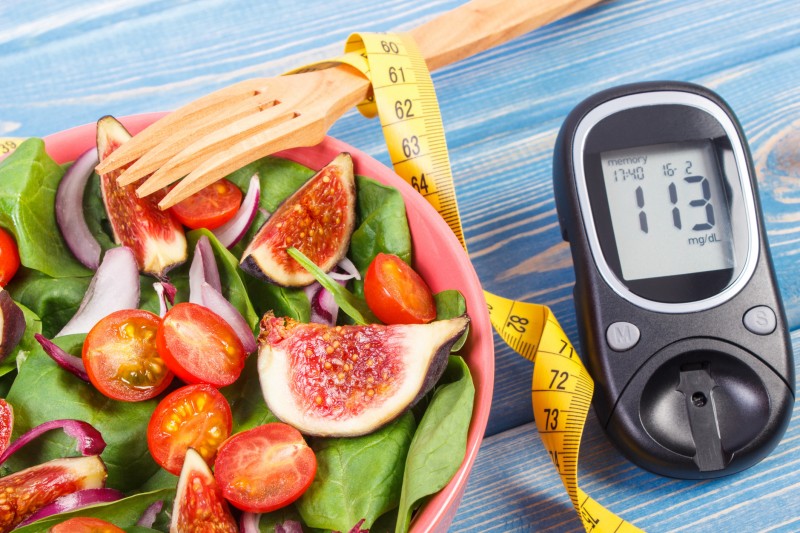
Living with type 2 diabetes can be challenging, but making small adjustments to your lifestyle can lead to significant improvements in your health and well-being. Whether you've recently been diagnosed or have been managing the condition for years, prioritizing healthy habits is key to effectively managing type 2 diabetes.
Type 2 diabetes is a chronic condition characterized by elevated levels of blood sugar (glucose) due to insulin resistance or insufficient insulin production. Without proper management, it can lead to serious complications such as heart disease, stroke, kidney failure, and nerve damage.
While medication is often necessary to manage type 2 diabetes, lifestyle changes play a crucial role in controlling blood sugar levels and reducing the risk of complications. These changes can improve insulin sensitivity, promote weight loss, and enhance overall health.
1. Embrace a Balanced Diet: Focus on eating a variety of nutrient-rich foods, including fruits, vegetables, whole grains, lean proteins, and healthy fats.
2. Limit Sugar and Refined Carbohydrates: Minimize your intake of sugary beverages, sweets, and processed foods, as they can cause blood sugar spikes.
3. Control Portion Sizes: Be mindful of portion sizes to prevent overeating and better manage your blood sugar levels.
4. Engage in Regular Exercise: Aim for at least 150 minutes of moderate-intensity aerobic activity per week, such as brisk walking, swimming, or cycling.
5. Incorporate Strength Training: Include strength training exercises at least twice a week to improve muscle mass and enhance insulin sensitivity.
6. Stay Active Throughout the Day: Incorporate physical activity into your daily routine by taking the stairs, walking during breaks, or gardening.
7. Strive for a Healthy Weight: Losing excess weight, even modest amounts, can significantly improve blood sugar control and reduce the risk of complications.
8. Set Realistic Goals: Aim for gradual weight loss through sustainable lifestyle changes, rather than drastic measures.
9. Manage Stress: Practice relaxation techniques such as deep breathing, meditation, yoga, or spending time in nature to reduce stress levels.
10. Prioritize Sleep: Aim for 7-9 hours of quality sleep each night, as insufficient sleep can affect blood sugar regulation and insulin sensitivity.
11. Monitor Blood Sugar Levels: Check your blood sugar regularly as recommended by your healthcare provider to track your progress and make necessary adjustments.
12. Take Medications as Prescribed: Adhere to your prescribed medication regimen, including insulin or oral medications, to effectively manage blood sugar levels.
Making lasting lifestyle changes requires commitment, patience, and support. Consider working with a healthcare team, including a registered dietitian, exercise physiologist, and diabetes educator, to develop a personalized management plan tailored to your needs and preferences.
By making small but meaningful changes to your lifestyle, you can take control of your type 2 diabetes and improve your quality of life. From adopting a balanced diet and staying physically active to managing stress and getting enough sleep, every effort counts toward better managing your condition and reducing the risk of complications.
Is there any benefit or harm in drinking curry leaf water? Know what is the effect on health
Know the unique benefits of cardamom peel
Is Drinking Coffee on an Empty Stomach Good for Health in the Morning?